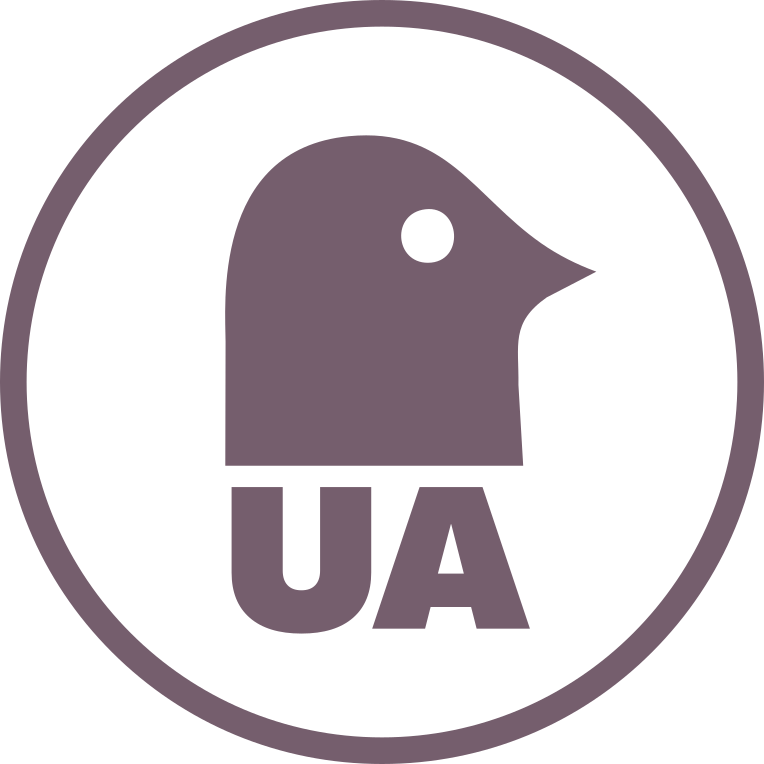On Wednesday September 25, the University Affairs Secretary General and I held a ‘access to information request workshop’. To those who couldn’t make it to our workshop on Wednesday, don’t worry! The highlights are reported on here and immortalized for as long as this site (or the Internet archive) is up.
Those requesting access to documents from McGill invoke the Act respecting Access to documents held by public bodies and the Protection of personal information (capitalized according to LégisQuébec, which is not at all the same as my anglophone instincts). Important sections are sprinkled throughout, perhaps to make sure you read it all. But we’ll cheat and let you know which sections are most used.
Section 9 is the relevant section for accessing documents. It says, “Every person has a right of access, on request, to the documents held by a public body.” What is a public body? You can find a list of public bodies on the Commission d’accèss a l’information website.
Other sections you’ll become acquainted with are the many limitations. Section 9 itself includes a limitation that lets the University withhold draft documents. Recently, we’ve been requesting information pertaining to security and the encampment dismantlement, and sections 28, 29, and 37 were invoked. Many limitations give permission for a public body to withhold documents – Sections 28 and 29 require that the public body withholds documents. Section 28 says “a public body must refuse to release or to confirm the existence of information contained in a document that it keeps in the exercise of a duty provided for by law involving the prevention, detection or repression of crime or statutory offences”. Section 29 is similar, and relates to information disclosure that is “likely to be used to commit a crime or a statutory offence”. It then elaborates that the public body must withhold information that impairs any systems designed to protect persons or property.
Another section that McGill has used in a broad range of requests is that they can refuse to give a written opinion from a member “in the discharge of his duties” less than 10 years ago. Consider that this means we can now get more information about opinions presented during the 2012 student strikes.
Finally, McGill has used section 53 which concerns personal information. This doesn’t hold if you’re the person in question. It can be valuable to ask for records of yourself, especially if you suspect that administrators or professors are talking about you behind your back.
McGill has an antagonistic past with access to information requests. McGill University has actually brought students to the Commission d’access à l’information before. In 2012, a website called McGilliLeaked was created to publish ATI requests submitted by anyone to the university. It was based on McGillileaks the year prior, which was shut down because that website collected confidential leaks.
McGill asked permission of the Commission to refuse all future ATI requests from 14 students that they deemed connected to McGilliLeaked. McGill argued that the requests were abusive and were vengeful after the 2012 student movement. One reporter from the Link, a Concordia newspaper, said that he was named in the request but submitted only two ATI requests to McGill, and passed them on to McGilliLeaked given that they were public documents. A spokesperson from McGill said ATI requests jumped from 37 in 2011 to 170 in 2012. McGill lost this request. The Commission determined that McGill was asking to impose restrictions that changed the Act.
If you are unsatisfied with the documents, you have 30 days to appeal to the commission. This is where the process becomes quite drawn out. Once taking on the complaint, the Commission assigns a mediator. Mediation doesn’t delay the hearing date, and is free and voluntary. If the conflict isn’t resolved, then a decision is made via hearing. This becomes public except under exceptional circumstances, but it’s worth noting that ‘it’s weird for everyone to know my name over an ATI request’ is not typically considered an exceptional circumstance. A hearing never gives out damages to a person, so don’t expect any money, but it can impose fines onto the public body, both for refusing to give documents that they should, or giving documents that they shouldn’t. After the hearing, a decision is transmitted to both practices within 3 months of hearings. From my brief perusal of previous decisions (found on the fabulous website canlii.org) previous decisions have compelled McGill to hand over documents it was previously refusing to disclose.
No matter where you are in the ATI-process, the office of the UA is here to help! We’re willing to guide you through crafting a request, and we’re also collecting responses from McGill to post to our website (if you’re comfortable). Finally, we are especially interests in folks that pursue a request with the Commission. Send us an email anytime at ua@ssmu.ca.
